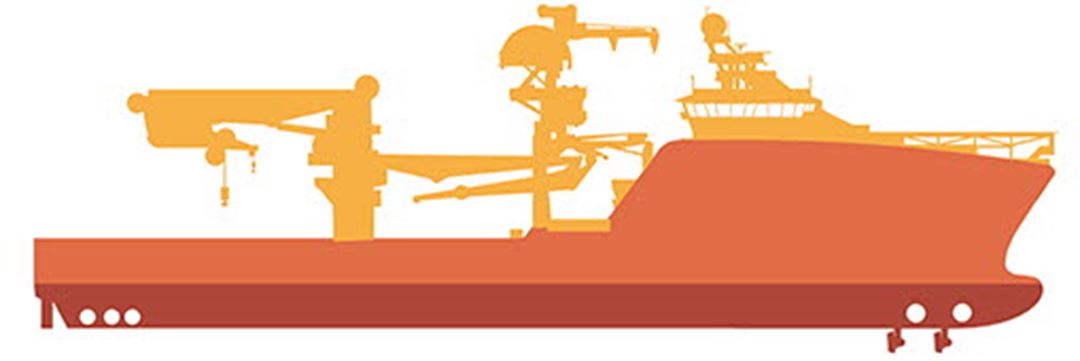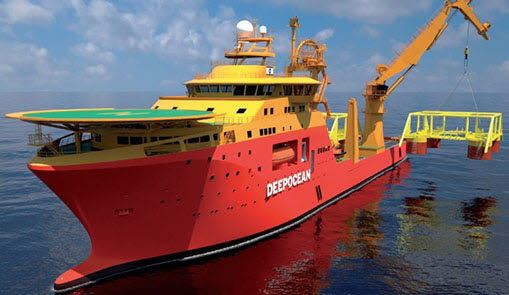"We are going hold a number of working meetings with operators in order to find out they can improve their operations and make them more efficient. Our main focus will be on construction vessels that sink install offshore subsea modules, says research manager in MARINTEK, Svein Peder Berge.
The project has a three-year budget of NOK 21 million, half of which comes from the Research Council of Norway and the rest from industry. MARINTEK and SINTEF ICT are the technological members of the project, with the industrial side made up of Uni Research Polytec, Salt Ship Design, Deep Ocean and Østensjø Shipping.

"Deep Ocean wishes to bring its offshore operational decision-making processes to a new level. We find it remarkable that better systems that gather and process all the available information and present it in a better way do not exist. A system of this sort would improve operability and the level of safety in operations," says department manager Martin Hasle of Deep Ocean.
Model test of a Salt design vessel
The idea is to use information from both vessels and onshore facilities, in combination with smart algorithms, to tell operators something about the margins involved in carrying out operations.
"According to the project plans, MARINTEK will use its Ocean Laboratory to test models of a Salt design vessel owned by Østensjø and operated by Deep Ocean. We want to find out more about the characteristics of the ship itself and its crane and modules. Our aim is to create a numerical library consisting of information about how individual modules are affected when they are lowered into the water," says Berge.
The main aim of the project is to improve operability by improving control of the margins of the ships that work for the petroleum industry. Among other activities, the scientists will analyse and systematise already existing information. At the same time, they will add new data, making the decision-support system more reliable than currently available systems.
Interdisciplinary cooperation
"Most people know very little about the complexity of this type of operation, much of which involves simply waiting. If we can widen the window of opportunity for operations, i.e. the times during which they can perform their lifts, the whole industry will save money and fuel," says Berge.
Deep Ocean has great confidence in the interdisciplinary cooperation that characterises this innovation project.
"We have all the necessary disciplines on board, including designers, operators and ship-owners. We also have engineering expertise and heavyweight operational experience. When we combine all this with top-class researchers, we believe that we are sitting on a recipe for the successful creation of a new product that can take this industry a big step forward. It can also potentially give us a competitive advantage," says Hasle.


